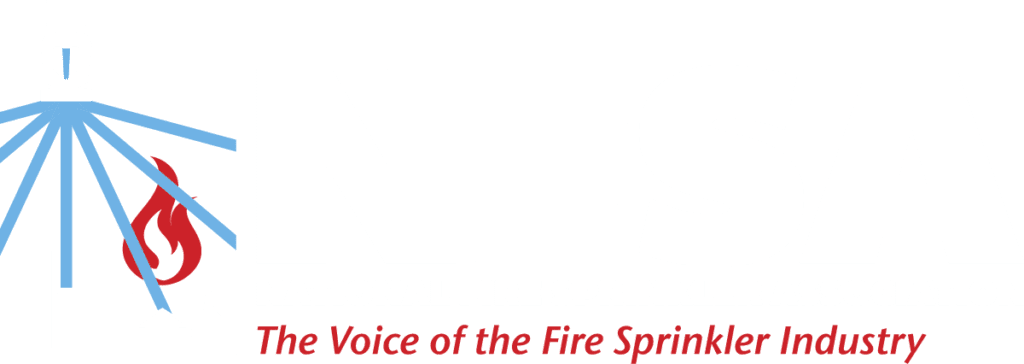Don’t Like How Some Sprinkler Saves are Reported? Do Something About It.


NFSA has been active on social media for about ten years now. In that time, we have made a daily effort to post news articles regarding sprinkler saves around the country. That task has gotten a lot easier through the years, as local fire departments and safety advocates have joined the mission to promote the life- and property-saving benefits of fire sprinkler systems. There isn’t a day I don’t get at least one sprinkler save in my Google Alerts. Being the prudent social media maven that I am, and realizing I carry great responsibility representing NFSA when posting, I always take the time to review each article before I share it.
Although the change I see in the positive portrayal of a sprinkler save is definitely on the upswing, there is much work to be done. Recently, I was thrilled to be alerted to a sprinkler save at a high school in Cincinnati, Ohio. When I clicked on the link, I was taken to a video of the news anchor reporting on location. “Great,” I thought, “Videos always get the most shares!” Not this time! The reported focused heavily on water damage. Not good. The coup de grace? The anchor stated that the use of fire extinguishers by school staff set off the fire sprinklers. Cringeworthy to say the least! Now, this wasn’t some fledgling cub reporter just out of journalism school, this was the anchor of the news program! This news segment wins the prize for the most outrageously incorrect reporting of a fire sprinkler save that I’ve ever seen. I just couldn’t let this one go.
Luckily, most of the time a news article is posted on the internet, the reporter’s email information is listed at the bottom of the story. If not, the article is almost always attributed to a reporter, and it is easy to find their contact information through the news media they are affiliated with. So, when your blood boils, as mine surely did, take the time to respond to the offending article with a short, but to the point email. Writing not your forte? No problem. Just a few sentences explaining your position and why the reporting was incorrect and ending with an offer to discuss further will suffice. Remember to educate and not berate. As your mother always said, you’ll catch more flies with honey than you will with vinegar.
Following is the email I sent to the news anchor. Feel free to use it as a kicking off point for your email the next time a report of a sprinkler save gets you hot under the collar!
Dear _______________________,
I am writing regarding your news segment about a recent fire in ___________________ that was extinguished by the building’s fire sprinkler system. As a representative of the National Fire Sprinkler Association, I was heartened to learn that the fire sprinkler system activated as it should, and no injuries to staff, students or firefighters occurred. That is why we do what we do.
In your report, you focused heavily on the resulting water damage. You did not mention that the school was still standing and able to open for classes two days later. You did not mention that all students and staff evacuated safely. You did not mention that no injuries to either the building’s occupants or firefighters occurred.
We at the National Fire Sprinkler Association, and the Fire Sprinkler Industry as a whole, work diligently to assure that the public is aware of the life- and property-saving benefits of fire sprinklers. We encourage them to look for fire sprinklers where they live, work, play and go to school. Fire sprinklers are the best line of defense when it comes to fire and increase survivability by 80%. I shudder to think what might have occurred if the high school was not equipped with this lifesaving technology.
We are here to help. We encourage you to contact us to learn more about fire sprinklers. One of our staff will be more than happy to speak with you and to be interviewed for a follow-up story. Thank you for your consideration. I’m sure after speaking with us, you will agree that the focus of a news story regarding a “sprinkler save” should be on the positive, especially when considering what might have been had the fire sprinkler system not been in place.
Respectfully,
Joanne Genadio
Joanne Genadio
 Joanne Genadio is the NFSA Marketing Manager. She also is the editor of National Fire Sprinkler Magazine. Joanne has been an NFSA team member since 2006.
Joanne Genadio is the NFSA Marketing Manager. She also is the editor of National Fire Sprinkler Magazine. Joanne has been an NFSA team member since 2006.
